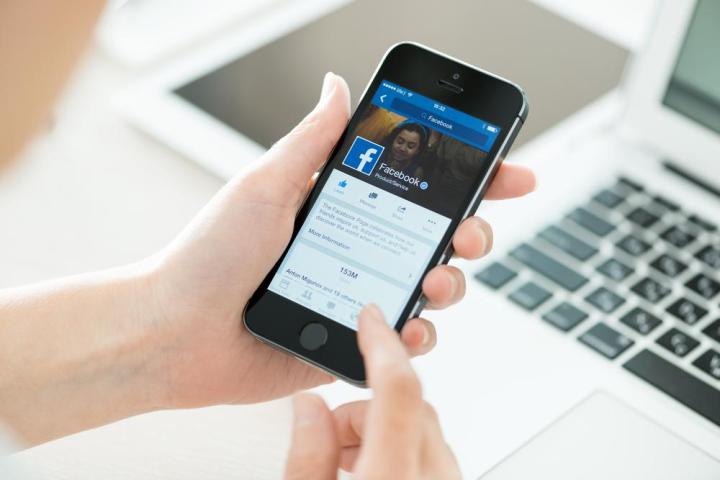
To prove her point, Burns turned on the microphone feature on her phone, and said, “I’m really interested in going on an African safari. I think it’d be wonderful to ride in one of those jeeps.” Less than a minute later, when she checked her Facebook page, she was met by a story about a safari — the first post on her newsfeed. There was also a car ad on her page.
While Facebook says that it’s only keeping its ears open to help “identify the things you’re listening to or watching, based on the music and TV matches we’re able to identify,” Burns’ little experiment suggests that there may be other motivations at play as well. But the social media company has denied claims that it records any conversations, and told The Independent, “Facebook does not use microphone audio to inform advertising or News Feed stories in any way. Businesses are able to serve relevant ads based on people’s interests and other demographic information, but not through audio collection.”
Whether you believe this statement or not, there are ways to stop Facebook from listening in at all. Simply turn off your phone’s microphone by heading over into Settings (if you’re an iPhone user), going to the Privacy tab, then clicking on Microphone. From there, you can revoke Facebook’s mic privileges, and presumably, stop the company from hearing your conversations. On Android, you can also go to Privacy under the Settings tab, and change Facebook’s permissions.
So the next time you’re chatting with your friends about your summer vacation plans, keep an eye on your Facebook feed. There may be more participants in your conversation than you realize.

